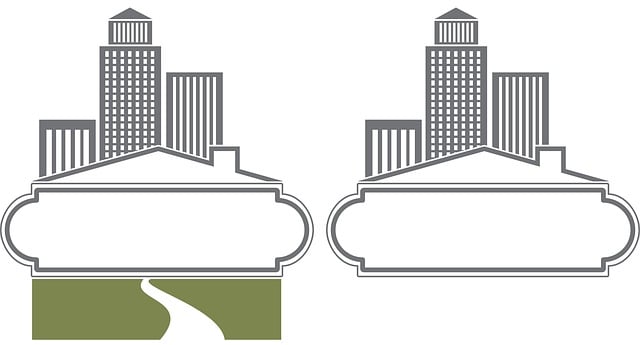In a competitive real estate market, buyers must guard against unethical practices like misrepresented property conditions and high-pressure sales tactics. Knowledge of these tricks empowers consumers to navigate transactions cautiously, knowing their rights are protected by legal frameworks, including transparency in documentation, fee disclosure, and cooling-off periods. Buyers can further safeguard themselves through research, professional legal assistance, and staying informed about real estate regulations and consumer rights.
In the dynamic realm of real estate, consumers must be protected from unethical practices that can leave them financially vulnerable and emotionally scarred. This article delves into the intricate web of common real estate scams, exploring strategies to fortify consumer rights within legal frameworks. We empower buyers with insightful tools and strategies, enabling them to navigate the market with confidence and safeguarding their investments in this ever-evolving industry.
Understanding Common Real Estate Unethical Practices

In the competitive world of real estate, some professionals may resort to unethical practices to gain an advantage. Understanding these common tactics is the first step in protecting consumers. One prevalent issue is misrepresenting property conditions, where agents might exaggerate features or omit existing problems to attract buyers. For instance, they could claim a historical renovation when only minimal work has been done, misleading potential owners about the true state of the property.
Another manipulative tactic involves high-pressure sales techniques. Unethical agents may employ aggressive tactics, such as relentless follow-ups, pushing clients to make quick decisions without sufficient time to consider their options. These practices can create a stressful buying experience and lead consumers into making impulsive choices they later regret. Being aware of these tricks empowers buyers to be more vigilant and assert their rights during real estate transactions.
Legal Frameworks to Safeguard Consumers in Real Estate

In the competitive and often high-pressure world of real estate, consumers require robust legal frameworks to safeguard their interests from unethical practices. Many countries have enacted stringent regulations designed to protect home buyers and sellers from fraud, unfair pricing, and deceptive marketing tactics. These legal frameworks empower consumers with knowledge and tools to navigate transactions confidently.
For instance, transparency in documentation, disclosure of hidden fees, and mandated cooling-off periods allow consumers to make informed decisions. Moreover, regulatory bodies and industry associations play a pivotal role in enforcing these rules, conducting inspections, and meting out penalties for non-compliance. Such measures not only protect consumers but also foster trust and integrity within the real estate market, ensuring fairness for all participants.
Empowering Buyers: Tools & Strategies for Protection

In today’s dynamic real estate market, empowering buyers with knowledge and tools is essential for protecting them from unethical practices. Buyers should start by thoroughly researching properties and developers to uncover any red flags or controversial dealings. Utilizing online resources and reviews can offer insights into past transactions and the reputation of both sellers and agents. Additionally, engaging the services of a reputable real estate attorney can provide legal protection and ensure all contracts are fair and transparent.
Another powerful strategy is staying informed about local regulations and consumer rights. Many regions have specific laws in place to safeguard buyers from fraudulent activities. Regularly reviewing these guidelines and understanding one’s entitlements can help individuals navigate the market with confidence. Moreover, attending educational workshops or joining support groups focused on ethical real estate practices empowers buyers to ask pertinent questions and make informed decisions, thus fostering a more transparent environment.






